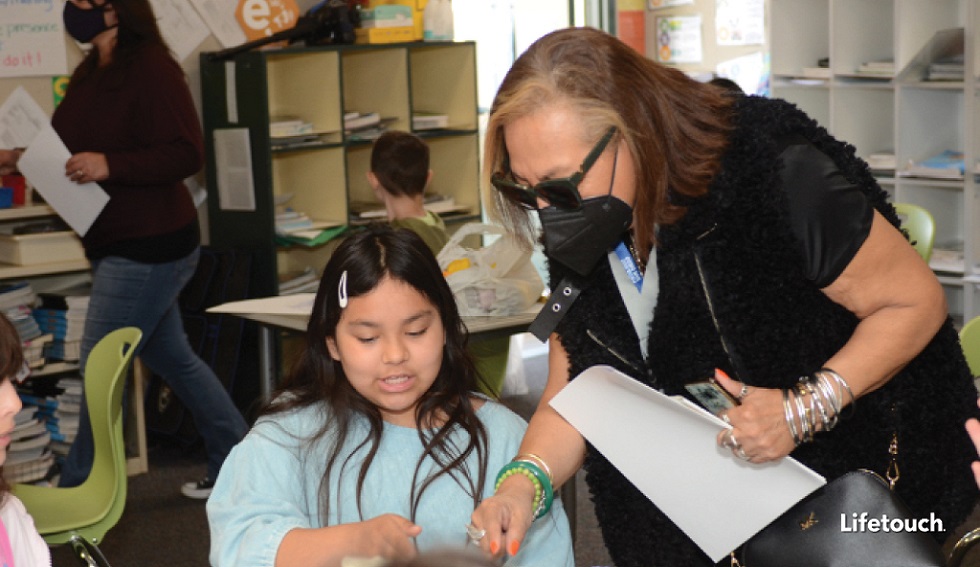
School board members learned about what the future may hold for education at the Jacobs Institute for Innovation in Education on Friday at one of two NSBA preconference site visits in San Diego.
The Jacobs Institute is a nonprofit research and development institute powering inclusive innovation and leadership in education. It is affiliated with the School of Leadership and Education Sciences at the University of San Diego, and it engages in research and evaluation, the development of innovative curriculum and technologies, and the support of professional learning grounded in the learning sciences.
The full-day workshop started with an overview of the program by Executive Director Lisa Dawley. Then participants were able to choose among several workshops that gave them a view of research-based innovations they could bring back with them to their districts.
In one session, Jacobs Institute Director of Technology Monte Kalisch led the participants through a high-level overview of design thinking and using those elements to design a tea that would solve a local or global problem. They created a prototype of their tea and sampled it, as well.
Another session led by Dawley allowed school board members to see how the metaverse will be impacting education and our lives, with participants getting a chance to use VR headsets and create avatars.
USD professors Perla Myers and Cassandra Graves talked about Project VisMO, which teaches and strengthens spatial reasoning through origami. Participants walked through the steps to make their own origami creations and saw how the project engages students.
At Cajon Valley Union School District, a preK-8 school system in San Diego’s East County region, education leaders observed the district’s “modern curriculum” that emphasizes career education, computer science education, presentation literacy, blended learning, social-emotional wellness, and family engagement.
As early as kindergarten, students are immersed in a World of Work curriculum that begins the process of thinking about career possibilities and how their strengths, values, and interests can encourage future success, said Ed Hidalgo, the district’s chief innovation and engagement officer. This emphasis on self-knowledge, goals, and interests “is applied SEL,” because it provides students with “a sense of agency,” Hidalgo added.
Karen Glover, the mother of a district first-grader with an IEP, praises Cajon Valley’s approach for helping her daughter feel “involved and aware of her strengths. I feel supported.”
For the 17,000-student district, which has a significant percentage of students who are low socio-economic status as well as a high refugee enrollment, parent engagement is critical to the work it undertakes, said Mike Serban, director of family and community engagement. “It’s important that the community sees us as a partner.” Cajon Valley Union is a previous Magna Award recipient for its parent engagement program.
Learn more about the Jacobs Institute’s work with Cajon Valley Union, as well as the district’s award-winning family engagement program during sessions at Annual Conference.

Share this content